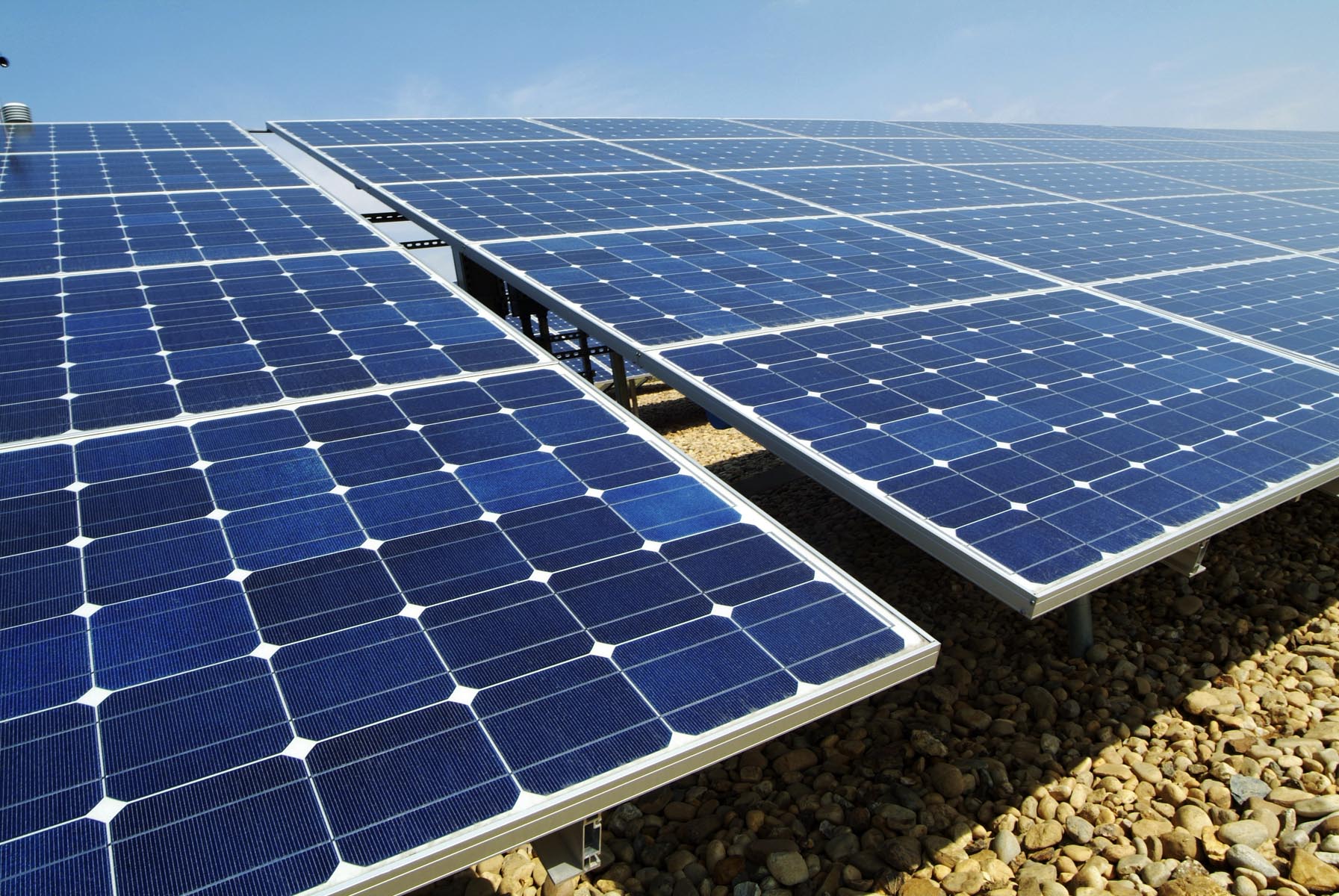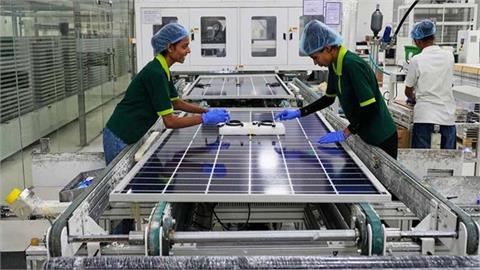Turkey’s solar PV market is experiencing increasing business activity with a new PV manufacturing facility, foreign firms moving in and new policy regulations in place. While stakeholders have regained some hope in the country’s PV market, the Turkish policy rollercoaster remains a constant barrier
Turkey’s solar PV market is experiencing increasing business activity with a new PV manufacturing facility, foreign firms moving in and new policy regulations in place. While stakeholders have regained some hope in the country’s PV market, the Turkish policy rollercoaster remains a constant barrier.
New manufacturing facility
Turkish company Marsan Marmara Holding announced recently it will start producing solar panels in a new manufacturing facility it is currently building in Turkey. The company plans to start with 230 MW of production capacity in July and aims to increase that up to 270 MW of PV module production capacity in the short term and up to 1 GW within the next four years.
According to Marsan, its products will include poly 260 W, mono 280 W and bifacial modules, which the firm claims have an efficiency rate of 16%, 17.2% and 20%, respectively.
The company’s diverse core businesses is spread among the tourism, real estate, food and IT sectors and it only recently announced its entry into the solar energy market. Apart from producing solar panels, the firm also has plans to develop solar PV plants in Turkey.
Marsan said in a statement that its solar panel production followed more than a year of cooperation with experts from the Netherlands, China and Taiwan.
Qatari firm establishes Turkish beachhead
In addition, Qatar Solar Technologies looks set to enter the Turkish PV market. The company, which claims to be building the Middle East’s largest polysilicon production facility in Qatar’s Ras Laffan Industrial City (RLIC) in the north of Qatar, last month signed a memorandum of understanding with Turkish companies Bendis Enerji and Fernas Group to develop solar PV plants in Turkey.
Qatar Solar Technologies is also the largest single shareholder in SolarWorld, with 29% of the company’s shares, and it has also acquired a 50% share in Centrotherm, aiming to provide solar technology solutions across the whole solar value chain.
Puzzling local content regulations
Solar PV projects in Turkey receive a feed-in tariff (FIT) of $0.133/kWh for 10 years plus five-year premiums for components (modules, construction, inverters and cells) manufactured in Turkey. However, projects larger than 1 MW need to pay a one-time contribution fee per installed megawatt.
According to pv magazine information, only 254 kW of solar PV modules have so far been approved for the FIT premium. These modules were produced specifically with the aim to receive the local content incentive. There is no real production line in operation aimed at the local incentive. Manufacturing bases that operate in Turkey target foreign markets.
Furthermore, new regulations introduced in December 2015 has placed an import tax of some $125 (determined by weight) on solar modules manufactured outside of Turkey.
Developers can be exempted from the tax by acquiring a so-called "Teşvik Belgesi" document, which is a tax incentive. Most of the owners of licenses for developing large-scale PV farms are eligible to apply for this tax incentive, therefore the utility scale PV market is not affected very much by it (unless of course the Turkish government changes the criteria for acquiring the Teşvik Belgesi document). But the unlicensed fragment of the solar market, which applies to projects of less than 1 MW, is affected. Two weeks ago the regulations governing the unlicensed PV market changed and the initial estimates are that the new regulatory framework will affect the market negatively.
Nevertheless, all stakeholders agree that despite Turkey’s policy rollercoaster, the country is set to approach 1 GW of solar PV installations by the end of 2016, while the national target is to install 5 GW of solar PV capacity by 2023.




